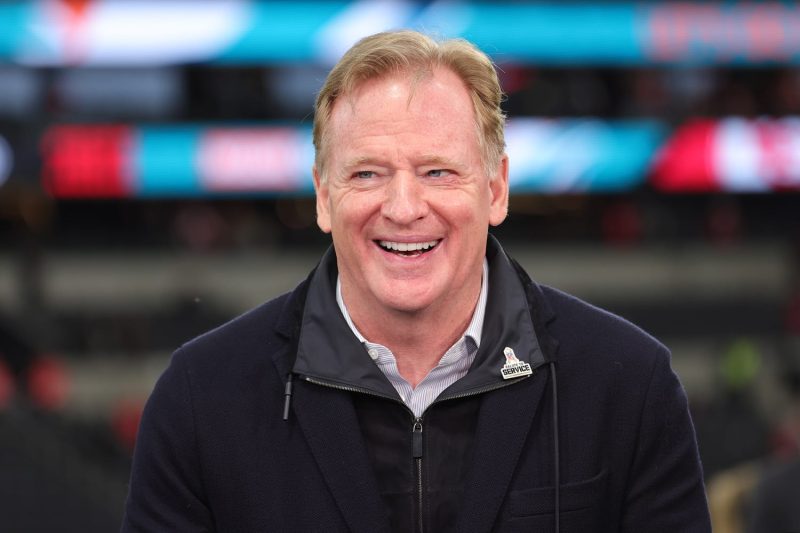The NFL: Exploring Private Equity Team Ownership Opportunities
The landscape of professional sports ownership is shifting, with the NFL leading the way in exploring unique avenues for investment. Commissioner Roger Goodell recently made headlines by indicating that the NFL is open to allowing private equity firms to own up to 10% of a team. This potential shift in ownership structure could have wide-ranging implications for the world of sports and finance.
Private equity is a form of investment that involves purchasing shares of private companies or taking them private, with the goal of improving the company’s financial performance before eventually selling it for a profit. The involvement of private equity firms in team ownership could bring a fresh perspective to the traditional model of sports ownership, which has often been characterized by wealthy individuals or families.
One potential benefit of private equity ownership in the NFL is increased access to capital. Private equity firms are known for their ability to provide significant financial resources and expertise to the companies in which they invest. For NFL teams, this could mean access to additional funding for stadium upgrades, player acquisitions, or other strategic initiatives that could enhance the team’s competitive position.
However, private equity ownership also raises important questions about the long-term impact on the league and its teams. Critics of private equity ownership in sports point to potential conflicts of interest, as well as concerns about short-term profit-seeking at the expense of the team’s long-term success or the fan experience. Additionally, there is the question of how private equity ownership could impact the league’s revenue-sharing agreements and competitive balance among teams.
Overall, the possibility of private equity firms owning stakes in NFL teams represents a significant departure from the traditional model of sports ownership. While the potential benefits of increased access to capital and expertise are clear, there are also legitimate concerns about how this shift in ownership structure could impact the league, its teams, and its fans. As the NFL continues to explore these opportunities, it will be crucial to strike a balance between financial innovation and preserving the integrity and values of the game itself.




























